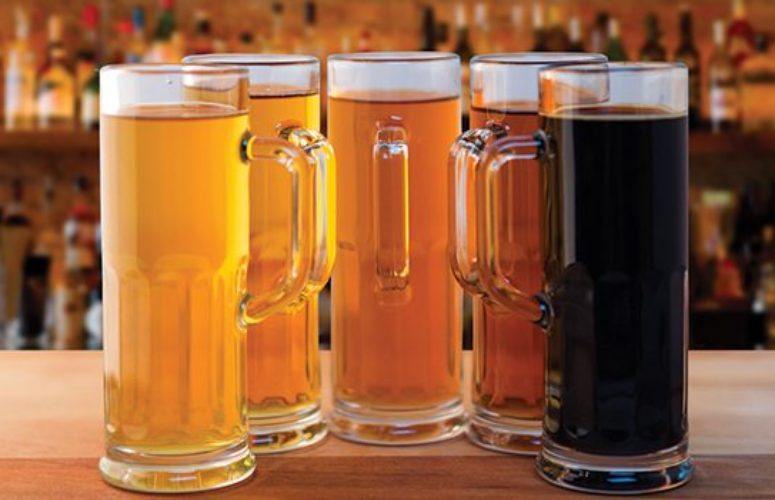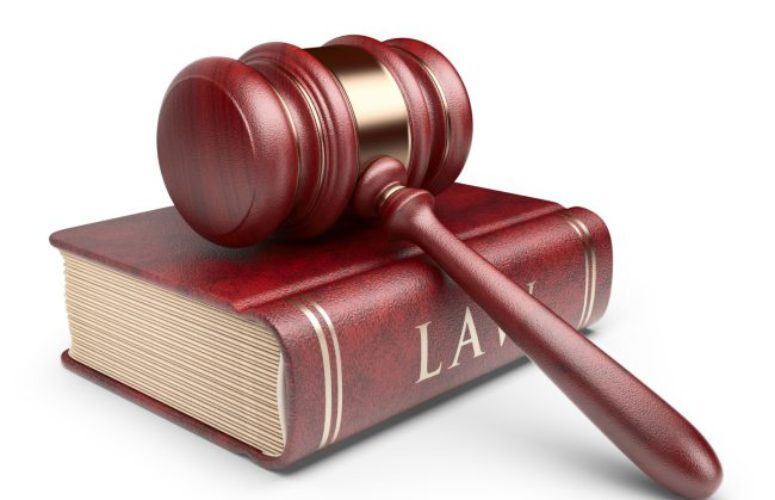
That’s the Spirit
Genova Burns creates Alcohol & Regulated Products Law practice group.
By Anthony Birritteri, Editor-in-Chief On Aug 3, 2015According to NewJerseyCraftBeer.com, there are 31 breweries in the state and 15 brew pubs. Approximately 19 brewpubs and breweries are set to open, while 20 are in the early-planning stages. Meanwhile, 12 distilleries are welcoming customers through their doors to buy and sample their whiskies, vodkas, grain alcohols, ciders, meads and more. Servicing the many needs of these breweries and distilleries is the newly established Alcohol & Regulated Products Law practice group at Newark-based Genova Burns.
The group counsels clients on entity formation, licensure and registration, land acquisition and leasing, land use and zoning approvals, intellectual property, regulatory compliance and other vendor and distribution contracts.
The craft brewery industry is growing in New Jersey ever since the state revised a number of laws, allowing these breweries to sell more beer on premise. “Whereas before, one could leave a brewery with only two six-packs, for example, today, people can actually buy cases of beer at these establishments,” says Jim McGovern III, director of the new Genova group. According to information on the Garden State Craft Brewers Guild website, a law changed in 2012, allowing breweries to sell up to a ½ keg, or approximately six cases for consumption off premise.
Among the challenges breweries face in start-up operations is finding the right location. “They need natural gas lines, a sewerage system that can handle large amounts of water, and a close transportation system (major highways). “You also want to be in an area where people won’t complain about the smells,” McGovern explains.
Keith Krauss, director of the firm’s business law transaction group, adds, “You need to be in a location where the rent and taxes aren’t going to kill you.” Coupled with the need to be near transportation routes, he says this is the reason why many craft breweries are opening in Southern New Jersey, “where land is cheaper and you can get away from dense populations.”
Another big issue for the industry is intellectual property, especially when it comes to protecting the many creative names brewers are labeling their beers. “Brewers take great pride in the naming, the packaging and the coloring of their products, and they have to protect themselves with legal filings with the state and the US Patent and Trademark Office,” Krauss explains.
Craft distilleries – those businesses that produce spirits such as vodka, gin and whiskey, etc. – is the next wave of alcoholic beverage producers in the state, ever since New Jersey changed its distillery laws in 2013. Under previous laws, a distiller had to pay a yearly license fee of $12,500. This is now $938. They are allowed to produce up to 20,000 gallons of spirits per year.
The growth of craft breweries and distilleries in New Jersey has passed the “fermenting” stage, and the Alcohol & Regulated Products Law practice group at Genova Burns is making sure these two industries become the “toast of the towns” in which they are located.
Related Articles:






